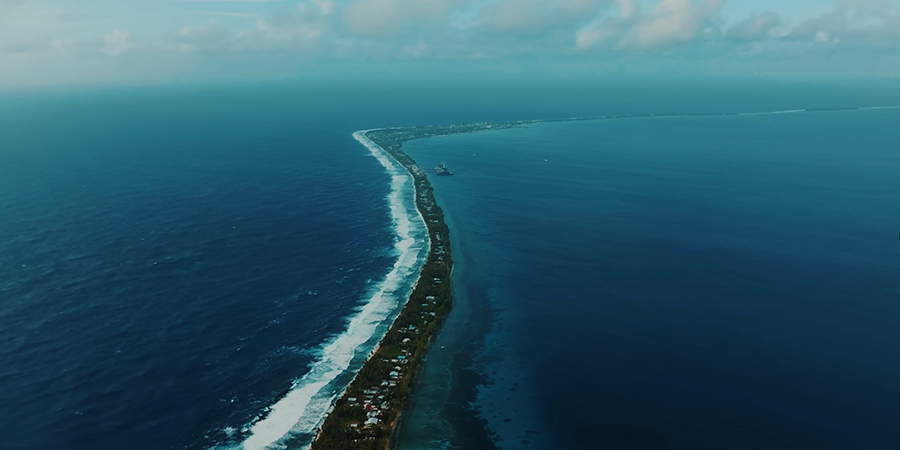Tuvalu, a Pacific Island nation comprising nine islands, is confronting the existential threat of rising sea levels by launching the ‘Digital Nation’ initiative, aiming to preserve its identity, culture, and governance in the digital realm.
Central to this initiative is the creation of a digital twin—a comprehensive 3D model of Tuvalu developed with geographic information system (GIS) technology. This digital replica captures detailed imagery and data of the islands, enabling leaders to monitor environmental changes, assess flooding impacts, and engage citizens through virtual reality (VR) experiences.
Beyond environmental monitoring, Tuvalu is digitizing cultural artifacts, official records, and governance processes. The government is developing virtual passports and digital platforms for citizens to participate in elections and civil activities remotely. This digital archive ensures that Tuvalu's heritage and governance structures are preserved, even if physical territories become uninhabitable.
However, this digital transformation exposes Tuvalu to increased cybersecurity risks. The nation's limited cyber infrastructure and resources make it vulnerable to cyberattacks, which could target sensitive governmental and cultural data. Recognizing these threats, Tuvalu has prioritized strengthening its cybersecurity measures, collaborating with international partners to build robust defenses against potential cyber threats.
Tuvalu's innovative approach to digital preservation exemplifies resilience in the face of environmental and technological challenges. By leveraging technology to safeguard its cultural and governmental legacy, Tuvalu sets a precedent for other nations confronting similar existential threats.
